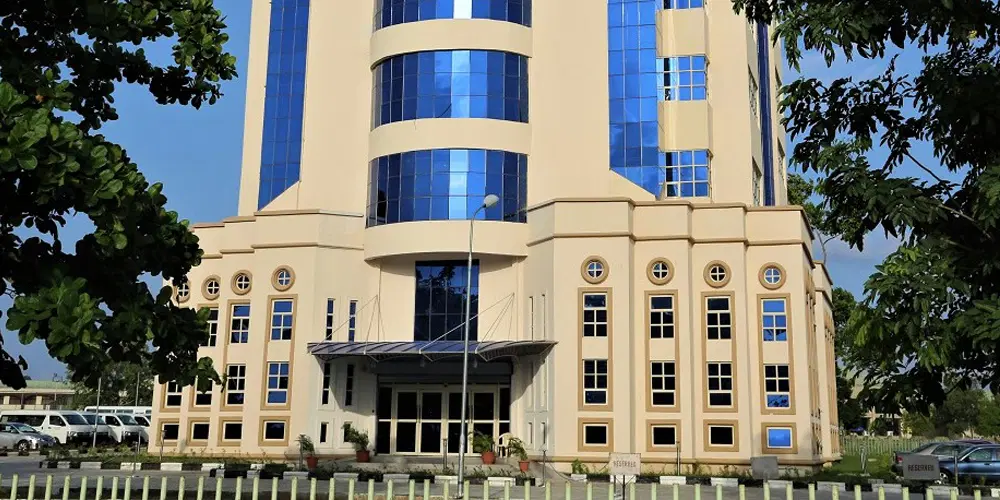By Straightnews
The sponsorship for establishment of Bola Tinubu University to teach Nigerian languages by members of the House of Representatives has come under intense attacks.
The bill is sponsored by Deputy Speaker, House of Representatives, Benjamin Kalu and eight other members.
Kalu was awarded Commander of the Order of the Niger (CON) by the Federal Government on October 1.
Already, Nigeria has 147 private universities as listed on the website of the National Universities Commission (NUC).
Related news
Analysis of the dates of establishments revealed that 107 private universities were established in the last 15 years.
NUC had identified poor governance, academic corruption and inadequate funding as some of the critical issues affecting tertiary education in Nigeria.
The acting Executive Secretary of the NUC, Chris Maiyaki, who stated this during the 2024 Registry Lecture at Babcock University, Ilishan, said that Nigerian graduates once celebrated nationally and globally, but the current landscape is marred by social vices, manpower shortages, economic pressures and incessant strike actions.
However, in a post on his X handle on Saturday, the human rights lawyer suggested that Tinubu has not done enough to revamp Nigeria’s educational system.
Effiong said: “Some members of the House of Representatives have introduced a Bill to establish a “Bola Tinubu University”.
“The same Bola Tinubu whose educational background is shrouded in controversy.
What has Tinubu done to revamp Nigeria’s educational system?
“Sycophancy is a problem in this country.”
Reps support Bola Tinubu University
The House of Representatives has passed for first reading a bill to establish the Bola Ahmed Tinubu Federal University of Nigerian Languages.
The University, if established, would add another university to the existing institutions.
The bill is sponsored by Deputy Speaker Benjamin Kalu and eight others, and aims to promote the learning of Nigerian languages.
It’s also expected to be scheduled for a second reading in the coming weeks, leading to a public hearing to gather input from stakeholders.
According to Section II, Part I of the bill, the university will “encourage the advancement of learning and provide opportunities for all individuals, regardless of race, creed, sex, or political beliefs, to acquire higher education in Nigerian languages and cultures.”
It also seeks to develop academic and professional programs that lead to diplomas, degrees, and postgraduate research, focusing on practical skills in Nigerian languages and cultures to foster national development.
In addition, the university is being proposed to act as a catalyst for effectively utilizing Nigeria’s natural, economic, and human resources through postgraduate training, research, and innovation once established.

